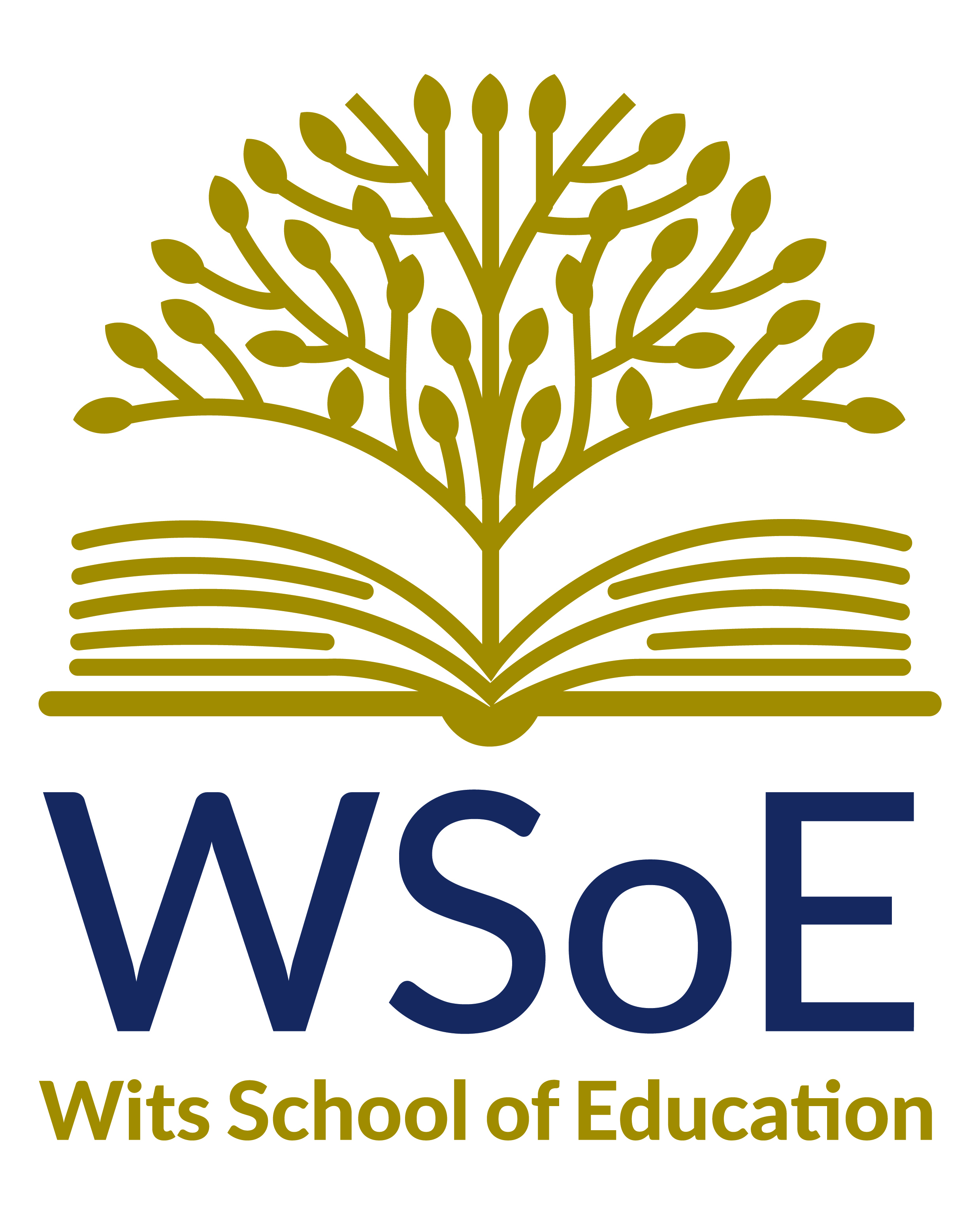History - Over 100 Years of Teacher Education
The institution would undergo numerous transformations and name changes before becoming the Wits School of Education (WSOE)
The 'ancestry' of WSOE dates back to 1909 and the Johannesburg Normal College. The college began with 67 students and three staff members. A formal relationship between the College and Wits began in 1919 with the agreement that students of the Johannesburg Normal College would attend classes at the University College of Johannesburg (now Wits).
A Notion ahead of its time
In the 1920s and 30s, there was a call for the relationship to become even closer. In 1933, for example, the eminent Wits scholar Prof R Hoernle – referring to the cordial relations that existed between the two institutions – stated that, " Wits would like nothing better than to see the College become an integral part of the University."
From the perspective of national education policy, however, the idea was far ahead of its time. Only in 1996 was the incorporation of colleges of education into universities legislated.
The Birth of Johannesburg College of Education (JCE)
In 1936 the Johannesburg Normal college changed its name, to the Johannesburg Teachers College. In the 1940s the name was changed again, to the Johannesburg College of Education.
The best of both - combining theory with practical experience
From its early years, a feature of tuition at the College was the close integration of formal studies with practical teaching experience. This ensured that teaching theory was always fully informed by classroom praxis. This is an approach which continues to characterise initial teacher education at the Wits School of Education.
The Parktown Campus - from conception to realisation
Prof. Conrad Linder decided in 1962 that a new enlarged campus was sorely needed. Long negotiations with the Provincial Government, ably facilitated by Dr Mary McLarty, resulted in the securing of The School's current site in Parktown. By 1968 the property had been expropriated. JCE officially moved to the campus in 1978.
Campaigning for change
Through the decades, JCE and Wits continued to forge an ever-closer relationship. The final decades of the life of JCE were challenging. Efforts to maintain liberal-teacher-education were quashed by repressive apartheid regulations. Attempts by the College (strongly supported by Wits) to open its courses to students of all races were stubbornly resisted by the authorities.
By the early 80s, although the College students remained all-white, the B.Prim.Ed students came from all races. These demographics would continue to change steadily with the demise of apartheid.
JCE amalgamation with the former Pretoria College of Education
In 1991 JCE amalgamated with the former Pretoria College of Education. From 1996, severe rationalisation of the college's sector placed the future of the College in jeopardy. The prevailing atmosphere of uncertainty tested morale to the limit.
That JCE managed to maintain its purpose, spirit, and excellence of service during this unsettling period is a tribute to Professors: Napier Boyce, Rod Conacher and Graham Hall.
After 1999, the gradual decline in student enrolment was reversed, and the number of new students increased. This was encouraging since an increased number of qualified teachers was urgently needed.
Entering the 21st Century
Legally and administratively, the incorporation of JCE within Wits was completed in 2001. In the first decade of the 21st century a number of campus buildings were renamed:
- Williams Block was renamed as Wozani Block
- Leighton block was renamed Leseding block
- Boyce Block became Bohlaleng Block
- Macgregor Block became known as Marang Block
- Conacher Block was renamed Khanya Block

Sharing the Campus
Since the turn of the century, the School's campus has also become home to the School of Public Health and the School of Therapeutic Sciences.
September 2017 saw the launch of the high-tech eZone named, eFundanathi which means 'learn with Us". This was a joint initiative between the School of Education and the School of Therapeutic Sciences.
Land Donated to the Nelson Mandela Children's Hospital
Sports fields were donated to the Nelson Mandela Children's Hospital Trust. The building of the hospital began in March 2014 and the hospital was opened on 2 December 2016.
Astroturf:
The school's astroturf was the venue for a series of World League semi-finals Hockey matches in June 2017.




